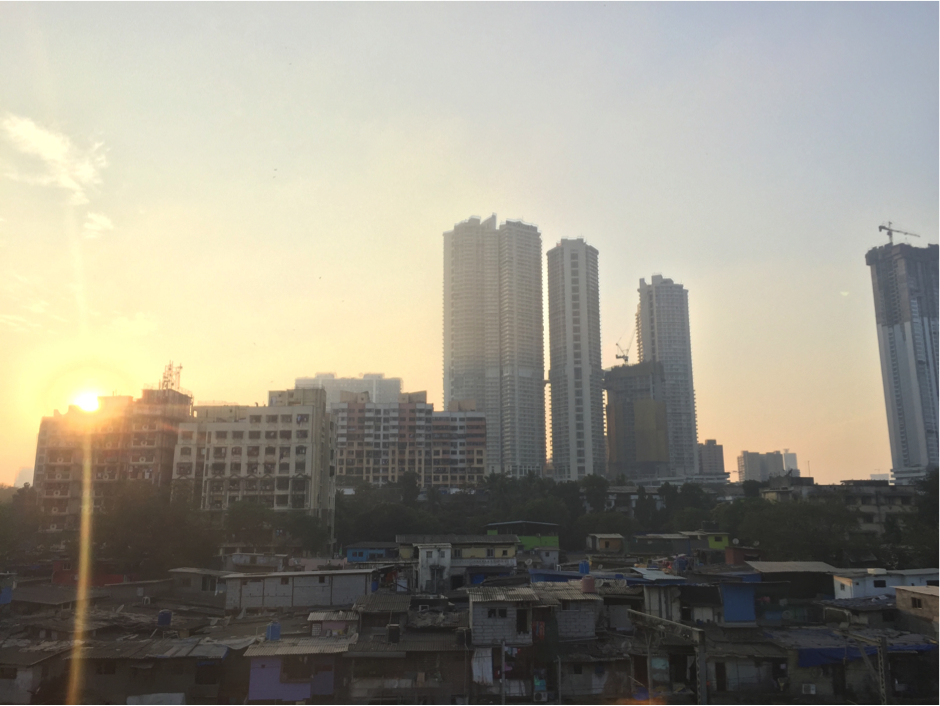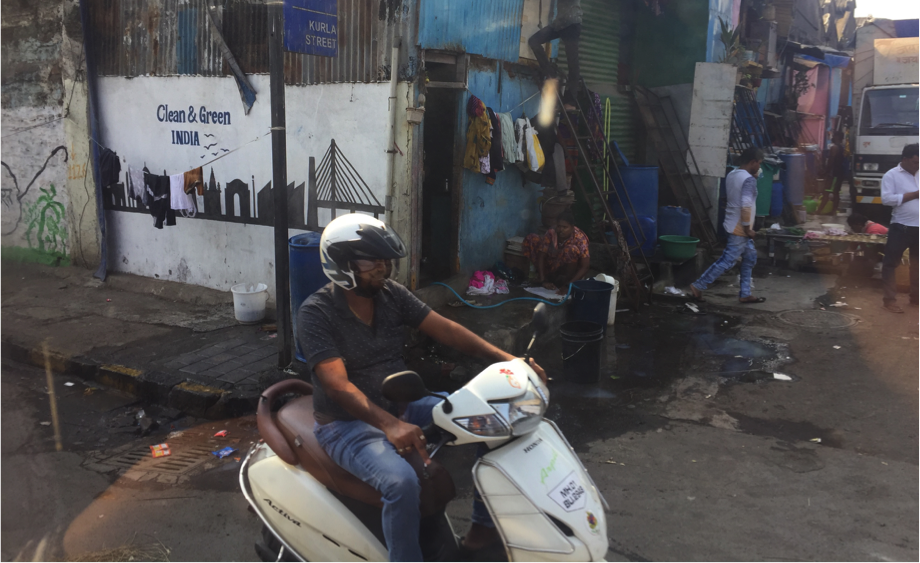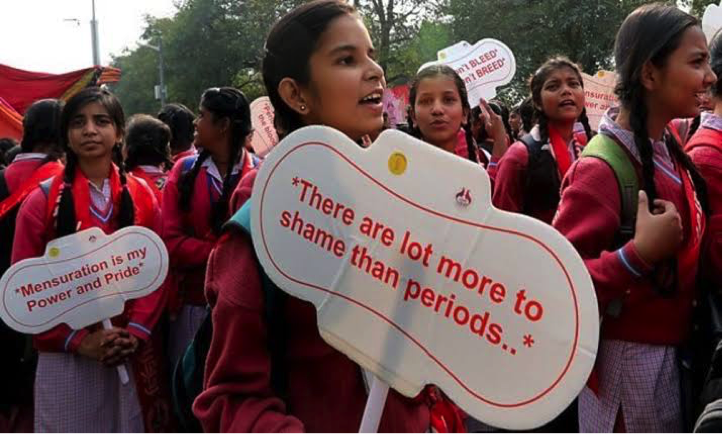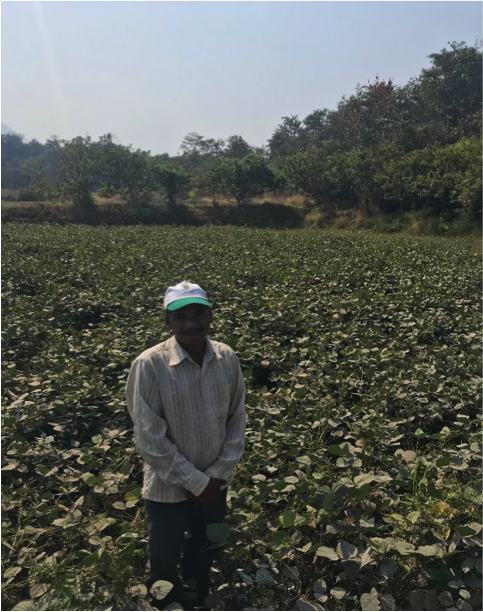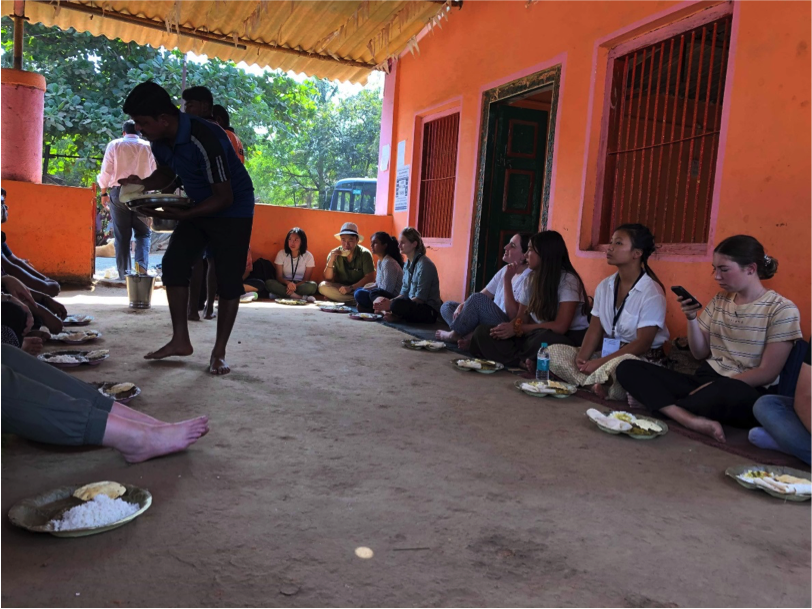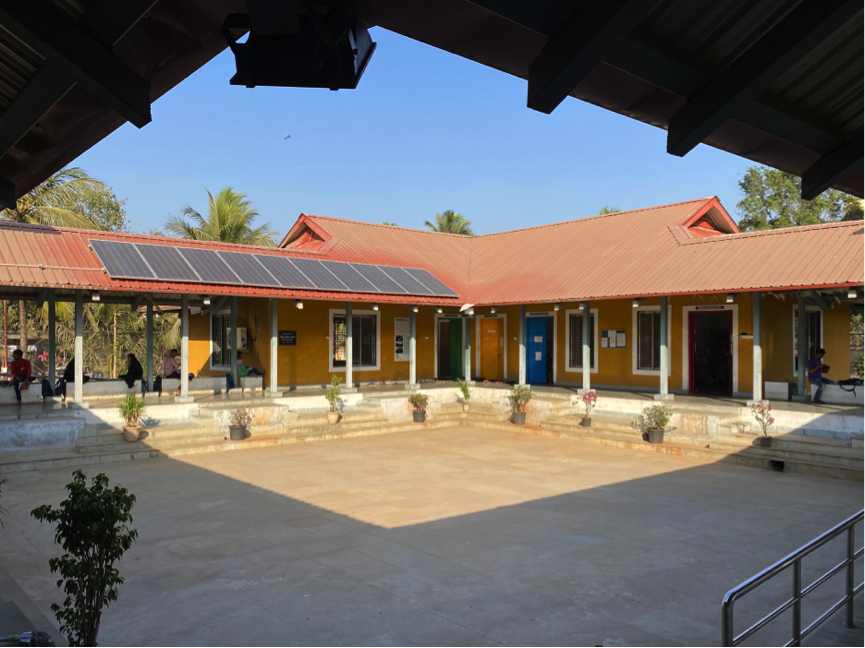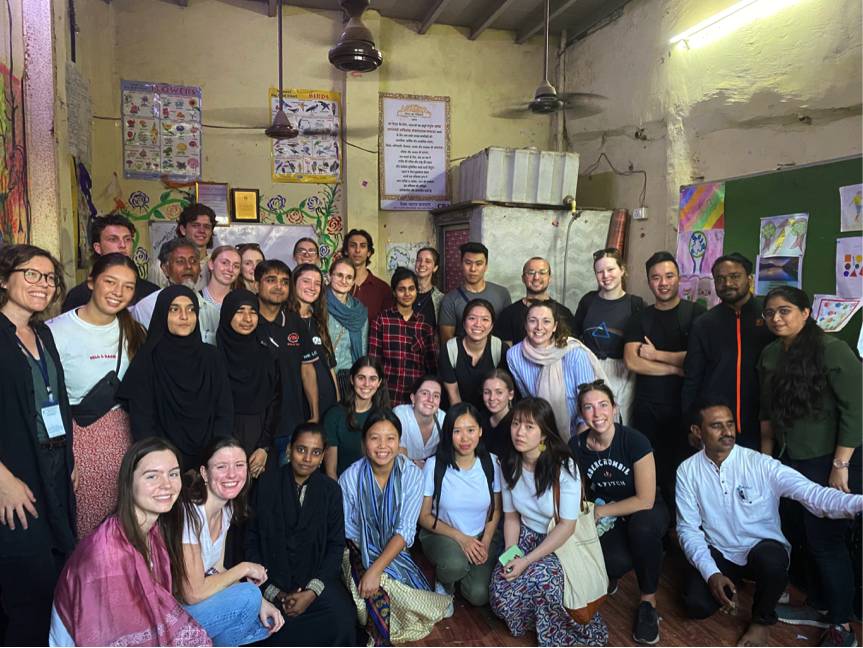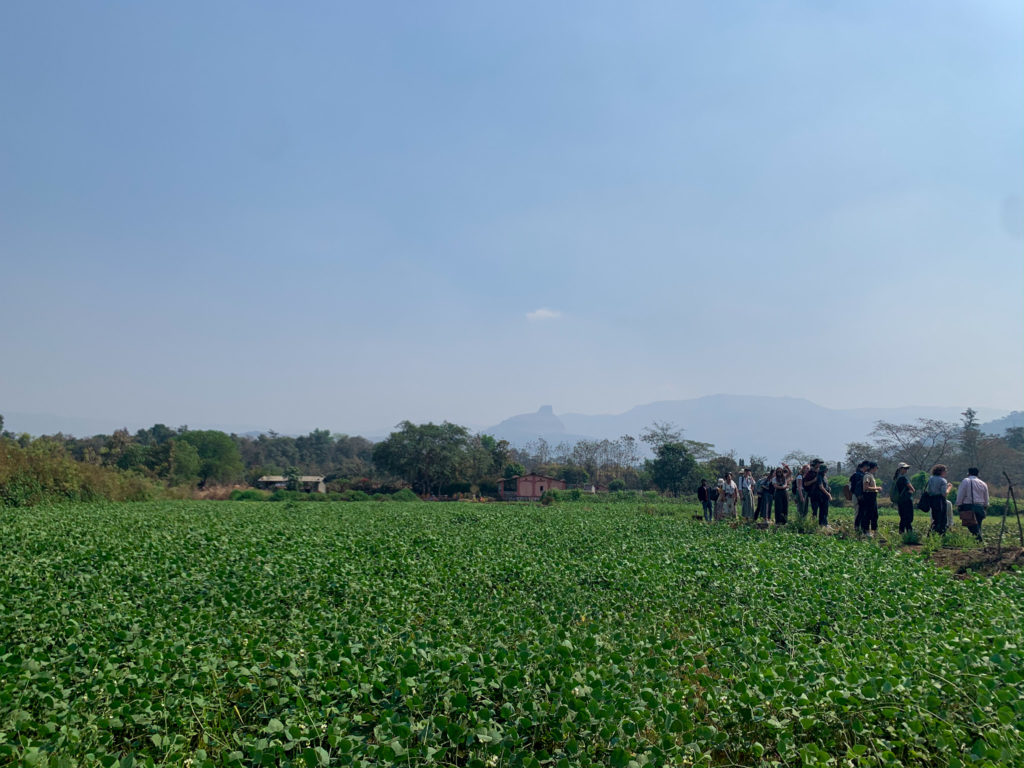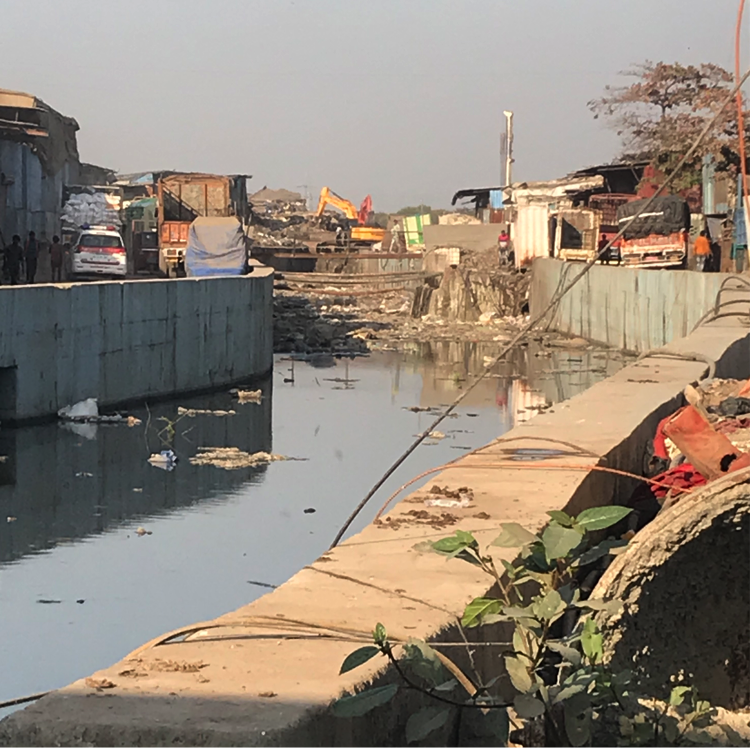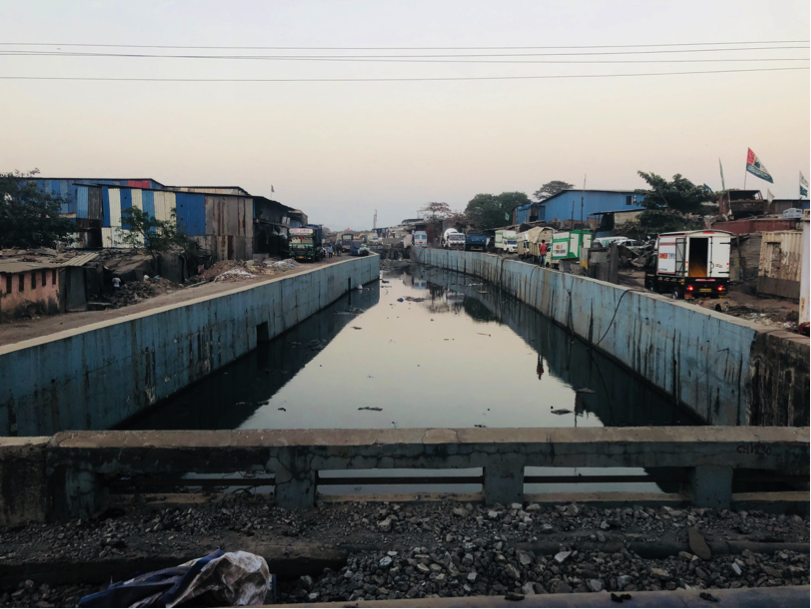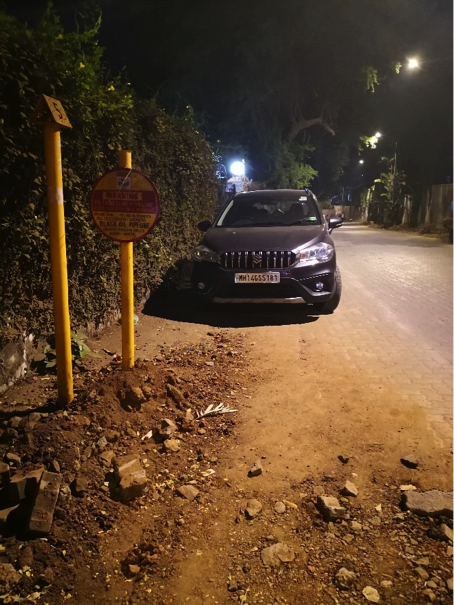By Aurora Hawcroft
Sciences Po Paris and University of Sydney Dual Degree: Bachelor of Economics (majors in economics and political economy)
Today we were welcomed to the tea plantations of Munnar. Beautiful crops of tea wrapped the mountainside where the small houses of 125 tea working families were nestled. We met Swati who was our Tamil-English translator for the afternoon.
She goes to a nearby private school in the area, supported by a subsidy for planter’s children. TATA provides the subsidy as the major plantation company in the Munnar region. TATA is India’s most lucrative conglomerate that runs TATA Global Beverages, the employer of Swati’s tea picking parents.
TATA Global Beverages have committed to be “the most admired natural beverage company in the world by making a big and lasting difference through Corporate Social Responsibility (CSR).” This means they are committed to putting in place programs that create positive social outcomes as well as profits. In their 2015 CSR Policy, TATA Global Beverages promised an annual spending of Rs.3.72 crores (approx. $685,000 AUD) on social responsibility programs in education, housing and healthcare.
Whilst this sounds promising, I wanted to know what CSR involves on the ground. What is TATA’s corporate responsibility to Munnar workers and their families? Is the company doing enough to help its workers and their families improve their lives? Or is it playing the hero by fixing problems that they initiallycreated?
Swati and the women gave their side of the story.
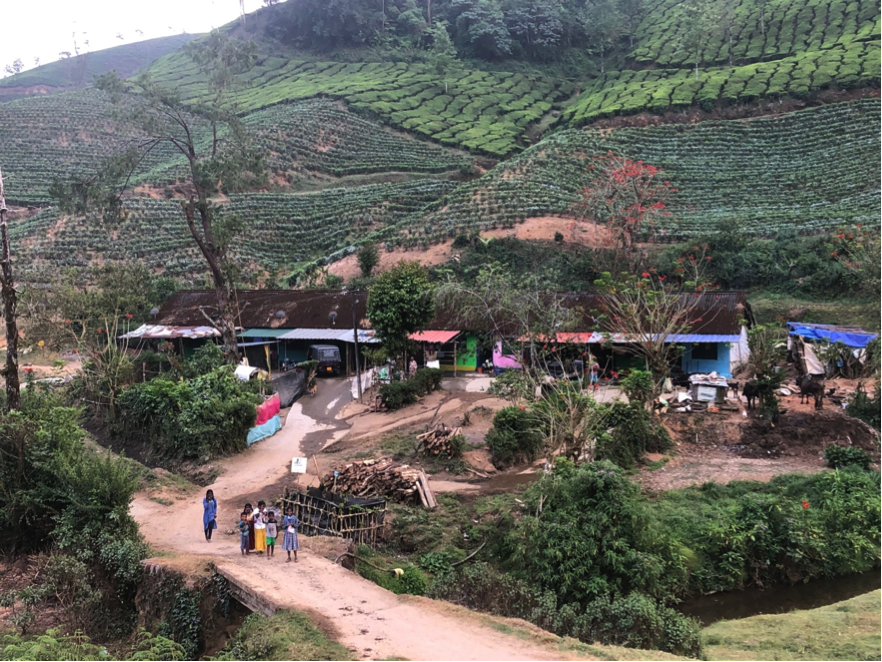
Housing presents the most simple example of the two-sided nature of CSR. On one hand, TATA provides 1 room and 1 kitchen to each family. On the other hand, the threat of eviction can be used as a tool to discipline their labour.
The workers told us that recently TATA sacked employees for building extensions on their houses. In response, the state of Kerala handed TATA 50 crore (approx. $10 million AUD) to build extensions, but according to Swati the money went nowhere. This demonstrates the limiting regulations that the workers must endure under the threat of dismissal.
Swati’s education is also exemplary of this contradiction between TATA’s social services and precarious employment. She told us that 50% of the students at her school must be children of tea workers like her. Thanks to TATA she is able to be the a leader in school sports and to graduate high school, an educational level that only approximately 40% of Indian children achieve.
When I asked her what she thought of tea picking she replied that it was “boring” and that she dreams of going to the US to study journalism. However the women workers stressed that TATA’s responded “degradingly” to funding requests for their children’s university applications. They made excuses for not helping with applications, preferring the new adults to work in the fields like their parents. This restricts social mobility for children born into families like Swati’s.
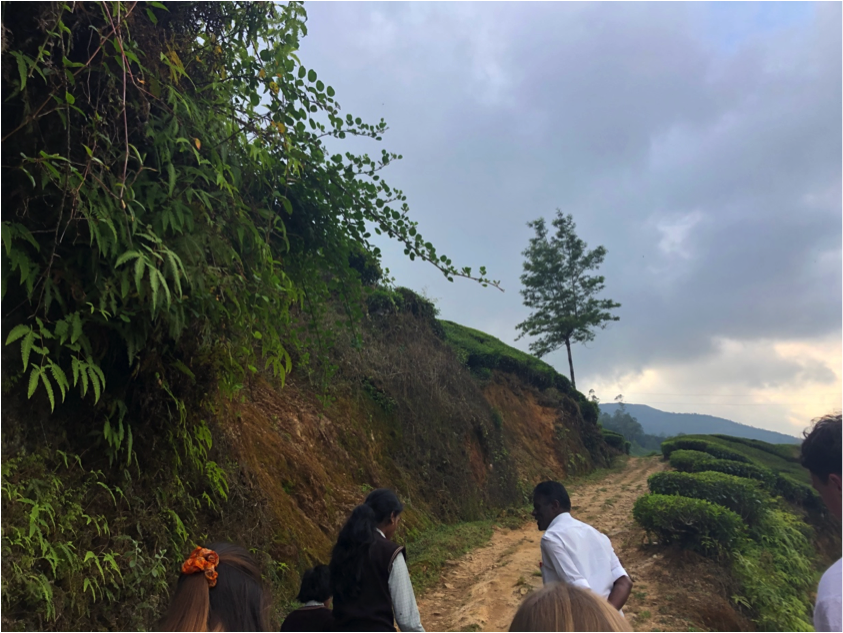
The same goes for medical care. TATA willingly pledges 500 Rs. for a doctor visit. However this is not specialist treatment in the areas most needed. The workers reported of “chronic bone problems” that directly result from the bending and scaling that picking tea requires. The inadequate medical support to manage physical impacts of tea labour is akin to putting a band-aid on a broken leg. It fails to address the inherent issues of tea picking conditions that TATA is ultimately responsible for.
TATA’s CSR commitment is commendable without a doubt. But it’s difficult to applaud when the profits that fund it are most likely gathered from the exploitation of their workers.
The women in the community have mobilized to voice these concerns. As tea pickers are predominantly women, they are disproportionately affected by TATA’s actions.
When we left in the evening they asked us to join their cause. By sharing their side of the story of CSR in Munnar’s tea plantations, Swati was building hope for intergenerational change.


